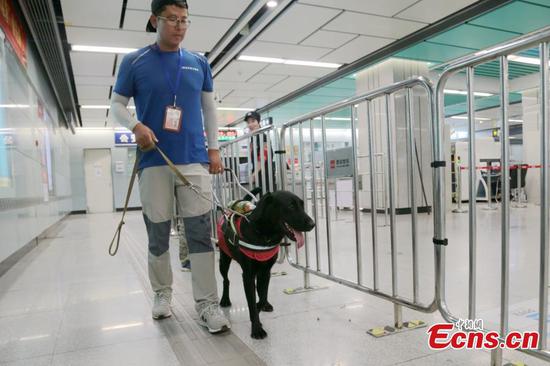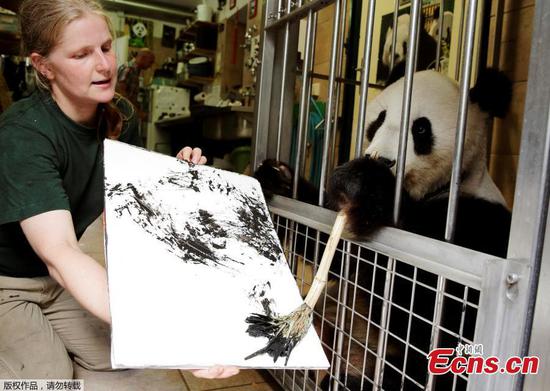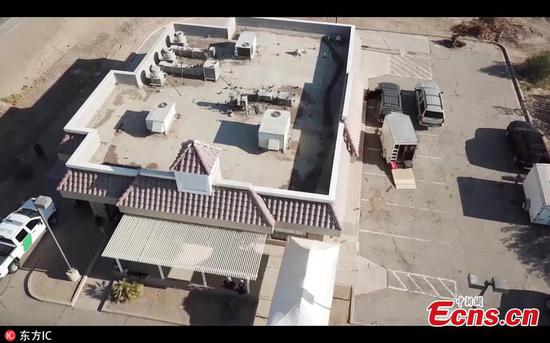The Beijing Customs District under the General Administration of Customs of China will introduce customs surety insurance from Sept. 1, as part of its ongoing efforts to lower costs for small and medium-sized enterprises and improve efficiency.
"The new insurance scheme has been developed by the customs agency and an insurance company. It is the first time that the customs agency is introducing an insurance product as a new type of customs bond," said Zhou Gonghua, chairman of Bank of China Group Insurance Co Ltd. Under the terms, importers are policyholders while the customs agency is the insured, according to Zhou.
A customs surety bond is a contract used for guaranteeing that a specific obligation will be fulfilled between customs and an importer for any given import transaction. The main purpose is to guarantee the payment of import duties and taxes.
Traditional customs bonds usually come in two forms: cash deposits and bank guarantees. "Bank guarantees are mainly issued to big companies with large credit lines, but difficult to obtain for small and medium-sized enterprises," Gao Haifeng, deputy director of Beijing Customs District, said at a news conference.
To ease the burden for SMEs, the local bureau started to explore the insurance scheme, under the guidance of the GACC. The insurance can reduce the overall operating costs of enterprises, such as the cost of capital and institutional transaction costs, and thus promote companies' development, Gao said.
For companies who have to pay deposit for 300 million yuan ($43.9 million) of tax each month, the insurance can help them save interest of 5 million to 10 million yuan annually, he added.
Exerion (Beijing) International Fine Arts Logistics Co Ltd, a service provider for trading art works, used to pay large amounts of deposit. For auctions this spring, its deposit amounted to 450 million yuan, according to the company's general manager Wang Wenzheng.
The company bought the Customs insurance on Tuesday helping it save capital costs and boosting the efficiency of imports, Wang said.
The Chinese government has been continuing efforts to promote reforms to delegate power, streamline administration and optimize government services.
SMEs have emerged as important pillars that support both the economy and social stability, which generates about 60 percent of GDP and 80 percent of jobs, according to China Association of SMEs.
Amid a wider nationwide push to reduce taxes and charges, there are targeted measures designed to support SMEs by lightening their financial burden.
Last May, China announced measures to encourage research and development by tech firms through favorable tax terms. SMEs in the technological sector can deduct an additional 75 percent of the R&D costs that occurred before paying taxes, effectively lowering their taxable income.


















































